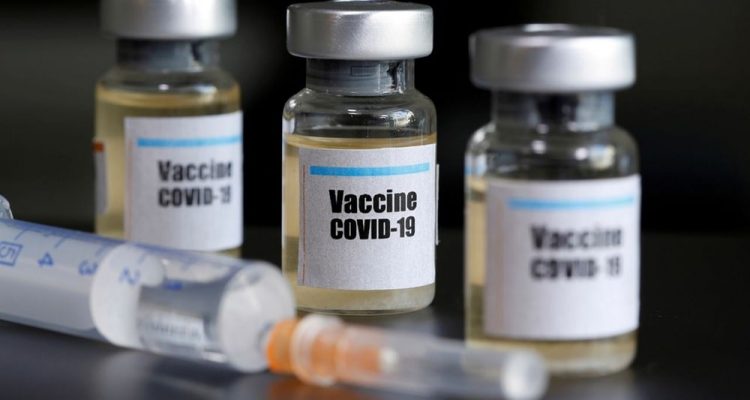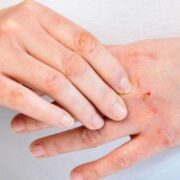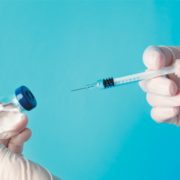When the COVID-19 pandemic emerged, experts were adamant that it would take between 14 and 18 months for the first functional vaccine to see the light of day. Since then, immunologists and virologists around the world have worked actively to minimize this delay, so much so that several laboratories are already ready to begin final testing of their experimental vaccine next month. The majority of clinical trials will take place in the United States and Brazil, which are currently hard hit by the virus.
The first experimental COVID-19 vaccine in the United States will be the subject of a large study next month to test its effectiveness in protecting against the coronavirus SARS-CoV-2, while Brazil, badly affected, is testing a different vaccine from China. Moderna Inc. said Thursday that the vaccine it is developing with the National Institutes of Health will be tested on 30,000 people in the United States. Some will receive the real vaccine and others a dummy vaccine, in order to strictly respect the clinical methodology.
With far fewer COVID-19 cases in China, Sinovac Biotech turned to Brazil, the epicentre of the Latin American epidemic, for at least part of its final tests. The São Paulo government announced on Thursday that S inovac will send a sufficient quantity of its experimental vaccine for testing on 9,000 Brazilians from next month.
Dozens of experimental vaccines at different stages of development
Around the world, a dozen potential COVID-19 vaccines are in the early stages of testing. The NIH plans to help several additional vaccines enter these final large-scale studies this summer, including work done by the University of Oxford whose vaccine will also be tested on a few thousand volunteers in Brazil.
There is no guarantee of success for any of these trials. But if all goes well, there will be enough data on vaccines that work by the end of the year, says John Mascola, who heads the NIH vaccine research centre. Vaccines train the body to recognize and respond to a virus, and experts say testing different vaccine processes is essential to increase the chances that at least one type will work.
Sinovac vaccine is made by growing the coronavirus in a laboratory and then killing it. So-called “fully inactivated” vaccines have been proven and used for decades to fight polio, flu and other diseases, but growing the virus is difficult and requires laboratory precautions.
The vaccine manufactured by NIH and Moderna does not contain any real viruses. The doses contain the genetic code for the spike protein that covers the surface of the coronavirus. The cells of the body use this code to make a harmless advanced protein against which the immune system reacts and maintains an immune memory. The mRNA vaccine is easier to make, but it is a new and unproven technology.
Neither company has yet published results on how well their trials have succeeded in smaller, early-stage studies designed to test for serious side effects and how people’s immune systems respond to different doses. Even before there is proof that any potential vaccine will work, companies and governments are starting to store millions of doses so they are ready to start the vaccines as soon as the answers arrive.











